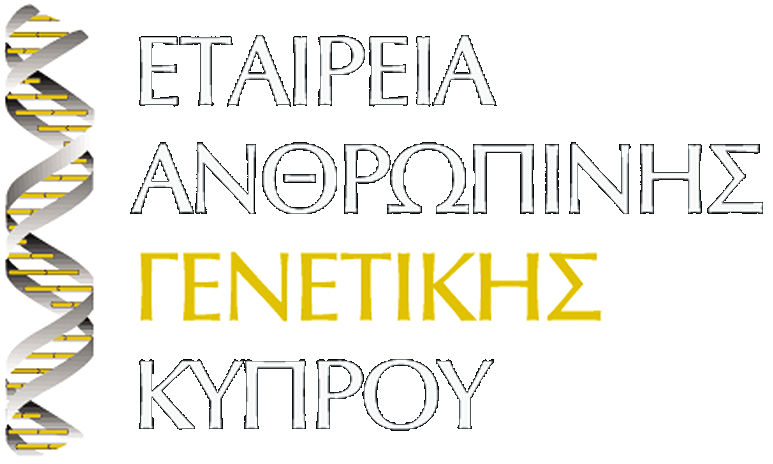Abstract
Tumor microenvironment consists of the extracellular matrix (ECM), stromal cells, such as fibroblasts (FBs) and cancer associated fibroblasts (CAFs), and a myriad of soluble factors. In many tumor types, including pancreatic tumors, the interplay between stromal cells and the other tumor microenvironment components leads to desmoplasia, a cancer-specific type of fibrosis that hinders treatment. Transforming growth factor beta (TGF-β) and CAFs are thought to play a crucial role in this tumor desmoplastic reaction, although the involved mechanisms are unknown.
Optical/fluorescence microscopy, atomic force microscopy, image processing techniques, invasion assay in 3D collagen I gels and real-time PCR were employed to investigate the effect of TGF-β on normal pancreatic FBs and CAFs with regard to crucial cellular morphodynamic characteristics and relevant gene expression involved in tumor progression and metastasis.
CAFs present specific myofibroblast-like characteristics, such as α-smooth muscle actin expression and cell elongation, they also form more lamellipodia and are softer than FBs. TGF-β treatment increases cell stiffness (Young’s modulus) of both FBs and CAFs and increases CAF’s (but not FB’s) elongation, cell spreading, lamellipodia formation and spheroid invasion. Gene expression analysis shows that these morphodynamic characteristics are mediated by Rac, RhoA and ROCK expression in CAFs treated with TGF-β.

